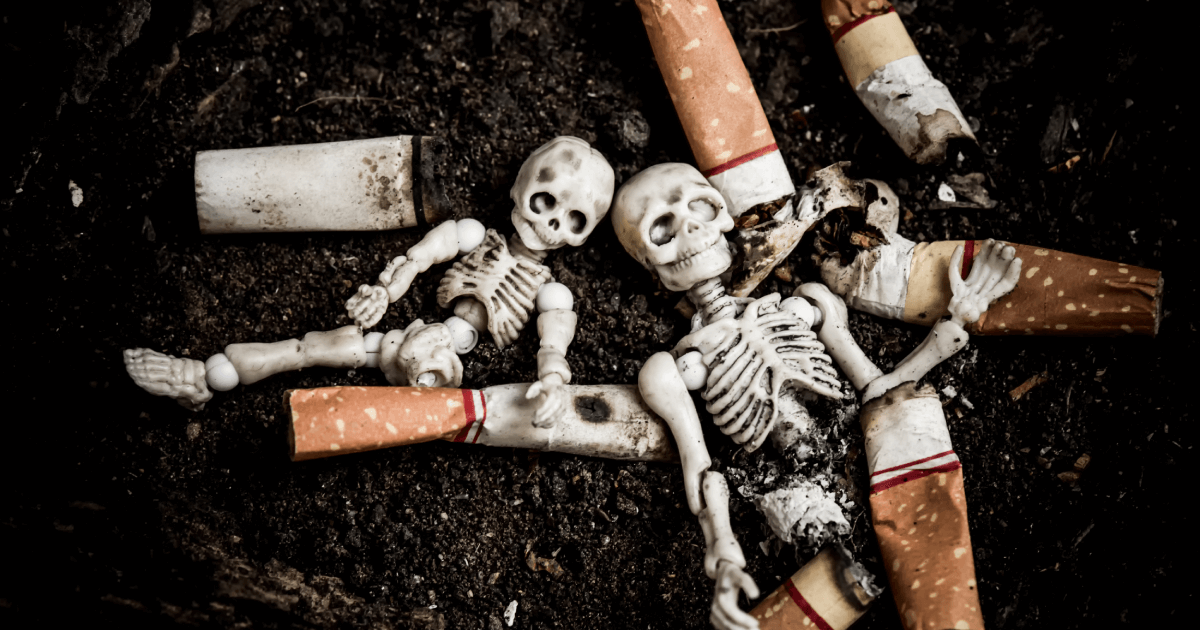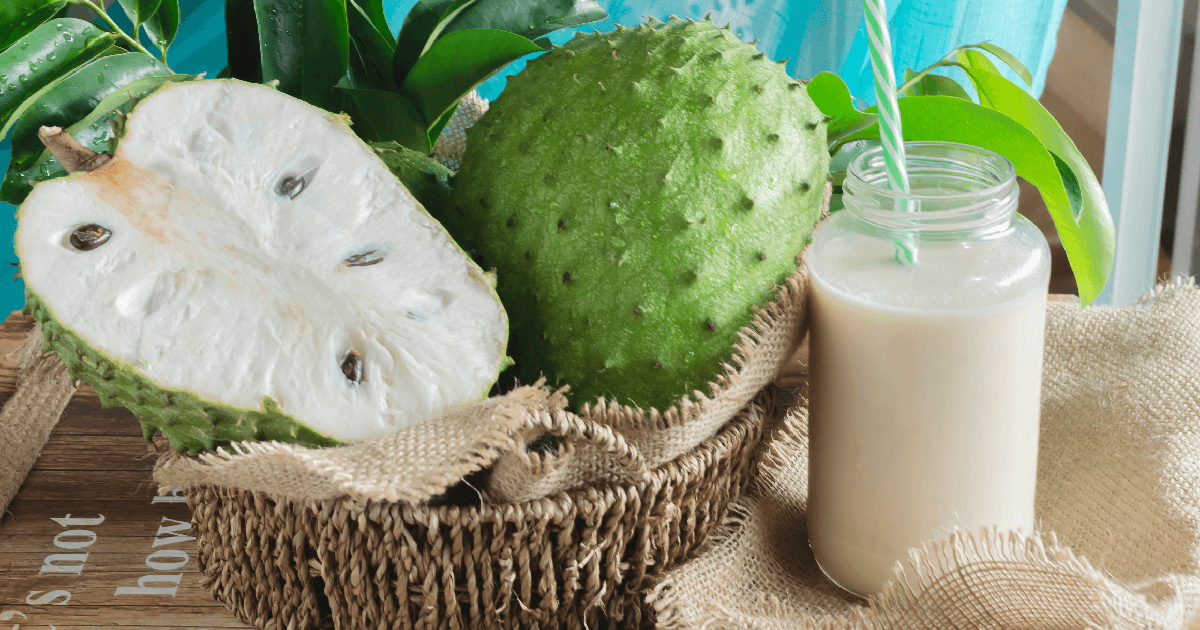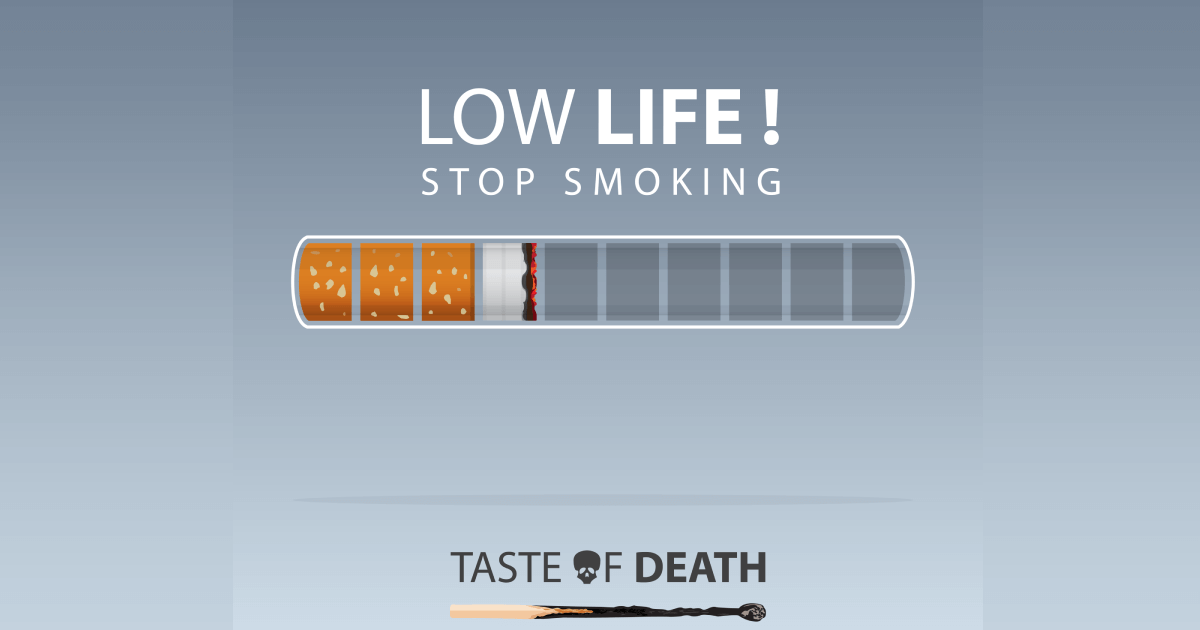‘Burzynski: Cancer is serious business’ is a must watch
Every time there is a loud cry about banning tobacco and closing down tobacco companies, our government displays their concern about small and marginal farmers, 400,000 of them who grow cigarette tobaccos and over 600,000 who grow non-cigarette tobaccos.
Any day when someone comes up with a hope to treat cancer in a better way or cure the disease, a handful cries foul. Bold claims of cancer cures, substantiated or unsubstantiated, can’t be ignored or ridiculed or looked upon as a red flag by other researchers because there has never been a fool proof treatment or cure for this deadly disease so far. Our hopes must always be on the side of new breakthroughs in cancer treatment and regulating bodies should play their best cooperative part in facilitating the process from mice to man with caution but without prejudice. With our fingers crossed for a “Magic Bullet”, we must remember that drugs tested in cell cultures and even animal models aren’t found good enough in clinical trials for pharmacokinetics reasons.
Apart from R&D on cancer, every individual can try optimism, shun carcinogens, do their bit and hope to live cancer free. 60 governments across the world observing cancer day for almost 2 decades haven’t changed the health scenario drastically, have they? As reported by India Today on February 4, 2019, 9.6 million die from cancer every year and 70 per cent of cancer deaths occur in low-tomiddle income countries. Data from Indian Council of Medical Research (ICMR) reveal that breast cancer, cervical cancer, oral cancer, and lung cancer together constitute 41 per cent of cancer burden. Objective behind world cancer day is about saving millions of preventable deaths each year by raising awareness about cancer, and pressing governments and individuals across the world to take notice and act.
Consolidated efforts from all sections of the society along with the government will address certain challenges associated with cancer. But autonomous bodies like the FSSAI and the National Tobacco Control Cell (NTCC) at the Ministry of Health and Family Welfare (MoHFW) can play their part in time and on time in regulating what’s available for consumption and what all have to be eliminated from the market without further ado.
We ought to celebrate days with an understanding of the objective behind. Our country being the second largest consumer of tobacco in the world and with smoking taking the lives over one million people in India annually, we need to observe no tobacco day in an entirely different fashion from how it’s being done. Cigarettes constitute the principal form of tobacco usage in virtually every market of the world and account for 85% of global tobacco consumption by volume and 93% by value. Tobacco is a major source of revenue to Governments in both the developed and emerging markets and cigarettes contribute the lion’s share of such revenues.
Every time there is a loud cry about banning tobacco and closing down tobacco companies, our government displays their concern about small and marginal farmers, 400,000 of them who grow cigarette tobaccos and over 600,000 who grow non-cigarette tobaccos. The fact as we all know is farmer suicides have continued unabated since 1990s. Farmers are displaced, government schemes and assistance don’t reach the neediest segment, loan waivers don’t help small farmers and alleviate their penury but governments think tobacco cultivation does the magic.
How ridiculous does this look as we observe world cancer day every other passing year! More so, the overall tax rate on all tobacco products in India is still very low compared to other middle-income countries. In essence, the overall concern shouldn’t be about increasing tax rates but about banning tobacco.
More than half the snacks that have been taken off the shelves in US were of Indian make. The US FDA reported that wafers, cookies and biscuits from one of India’s biggest sweets and snacks manufacturer contain poisonous and adulterated content. They said that the products are “filthy, putrid or decompose otherwise unfit”.
US stopped importing bhujia czar’s snacks since 2015 when FDA detected pesticides in it. As the integrity of Indian food regulators came under the scanner, a big gun explained the discrepancy in a funny manner. He said that food safety standards differed from one country to another. Did he mean to say Indians do not mind eating pesticides! The two-minute noodle episode is still fresh in the minds of consumers. But for the food inspector at the Uttar Pradesh government’s Food Safety and Drug Administration and his audacity, one-year ban of the two minute noddle pack wouldn’t have happened. To a big cheese of the global giant, the crisis looked like an opportunity to emerge better but for those who had already consumed the ‘Taste Bhi Health Bhi’ snack containing lead beyond permissible limit it’s an irreversible health crisis.

In addition to providing and regulating licenses, FSSAI can resort to monthly checks of random food products too. Packed and semi-processed food products with preservatives must be regularly scrutinized.
An Ayurvedic health supplement banned in Canada since 2005 for high amounts of lead and mercury is sold and bought in India as a nutritive jam. Hydrogenated oils, canned products, refined sugar and many more cancerous foods preserved using sodium benzoate and sodium nitrite adorn the shelves of all shops throughout the country. It is no secret that these two preservatives cause hyper reactivity and gastric cancer. Have we ever come across brands being suspended in India! The two-minute noodle is again on the shelves and it depends on the aware/ unaware, careful/careless, wise/unwise consumer to rely on tales of two test results or conscious reasoning.
In our country, World Cancer Day must address at least one of the below:
1. Poor consumer awareness
2. Poor vigilance and enforcement by government agencies
3. India being a potential market for export rejects from other countries
India consistently ranks among the top three countries whose products are rejected for import by the regulator. Even if this doesn’t ring a bell, the consumers must read between the lines of what a spokesperson of a multinational said on the violations that include mislabelling and products containing allergens. He said, “There is a possibility that the products referred to, which is meant for sale in India, are entering the US through parallel imports. Since the labelling requirements for India are different, it is not surprising that the products do not fulfil the FDA requirement include mislabelling and products containing allergens”.
Colourless food might look unappetizing. So, the solution is to replace deadly cancerous dyes with natural ones extracted from plants. Banning synthetic dyes and promoting colourless healthy foods must go hand in hand. Should we await conclusive evidences that cancerous foods cause cancer? In addition to providing and regulating licenses, FSSAI can resort to monthly checks of random food products too. Packed and semi-processed food products with preservatives must be regularly scrutinized.
I think anything that comes in crinkly plastic wrapper is to be avoided because they contain shelf- stabilizing ever cancerous ingredients. How long do we intend to use microwave safe plastic food containers and cling wraps? Till cancer strike us or till researchers come out with convincing scientific evidence that any plastic when heated will release cancerous chemicals!
On one hand, research papers on Graviola (Annona muricata) and its various organs against various cancers are published by reputed journals and on the other hand we read that there is not enough reliable evidence that Graviola works as a treatment for cancer. Punjab being our country’s breadbasket is also home to the highest rate of cancer in India. Not long ago did Union Agricultural Minister say it loud and clear that there is no evidence whatsoever about fertilizers being a cause of cancer and challenged the Punjab government to implement the Ayushman Bharat Scheme. The paradox of our times is that India boasts being a key contributor in global cancer research & development but does nothing with regard to cancer preventive measures.

“We can’t solve problems by using the same kind of thinking we used when we created them”. As we observe World Cancer Day, may we take a vow to make lifestyle changes, advocate everything that will promise a cancer-free world and rally together against any thing that ‘ups cancer risk’. Will vigilant food authorities take punitive action against those who indulge in manufacturing and selling substandard, adulterated and cancerous foods? Trust and faith in governments collapse even if one black sheep works hand in glove with those who make and sell harmful food products. Should FSSAI and CDSCO wait for some hero somewhere to blow the whistle?
Disposable cups and plates with bisphenol A (BPA) are used for convenience sake in almost all occasions where food and drinks are served. In spite of knowing the cause and effect, we drink and eat from plastic wares with a tinge of guilt and extreme carelessness. Millions of tonnes of plastic waste discarded into the oceans and on earth poisons the planet and in turn everything on it. The more our fondness for use and throw products increase the more prone we become to cancer. Our laxity for cancer-prevention habits that we dismiss as “once awhile phenomenon” doesn’t guarantee against cancer.
Junk is rubbish/trash and food is “any nutritious substance that people or animals eat or drink or that plants absorb in order to maintain life and growth”. Its high time people get into their thick skull that there is nothing called “Junk Food”. It’s either junk to be trashed or food meant to be consumed. “I AM AND I WILL” must motivate food safety officers to remain true to their conscience as they carry out their duties and responsibilities. They can also make sure health promotion campaigns are scaled up in response to the rise in life-style related cancers.
Incidentally, cancer prevention tips must be part of every school curriculum so that children are educated at a very early age to make wise choices.

Dr. Elsa Lycias Joel holds a doctorate in biotechnology and has worked with the new Indian Express as sub editor. She writes for quite a number of children’s magazines, The Delhi Press, I Quote, Women Exclusive (WE), infinithoughts, couples’ magazine and other national and regional dailies. She has authored a children’s book named “Perfect Endings’, signed by the former President of India Dr. APJ Kalam.
Harry Sheridon served as private secretary to former President Dr. APJ Abdul Kalam for around 24 years.
Composed by Dr. Elsa Lycias Joel and Harry Sheridon

